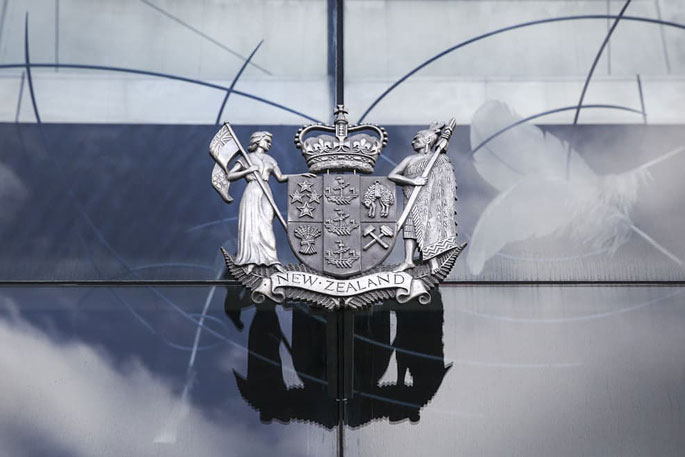The Commerce Commission says the use of anti-competitive land covenants may be more widespread than is known, after the owner of a Mitre 10 was slapped with a penalty totalling half a million dollars.
A commission investigation found NGB Properties had placed an anti-competitive covenant on a site close to its Mitre 10 MEGA in Tauranga in a bid to stop rival Bunnings opening a warehouse.
NGB was the sister company of Juted Holdings Limited, which operated the Mitre 10 MEGA store in the city.
The company was fined $500,000 in the High Court at Wellington this week.
Commerce Commissioner John Small says the ruling should serve as a warning to other companies.
"Land covenants can harm competition by raising barriers to entry or expansion in a particular market, making it harder for competitors to compete effectively and gain scale.
"This case illustrates that even a single covenant of short duration has the potential to have a substantial impact on competition."
Small says the commission will continue to pursue companies who seek to benefit from anti-competitive land covenants.
In March, the commission issued guidance on anti-competitive land covenants], outlining the commission's approach to assessing whether land covenants may breach the Commerce Act.
Small says land covenants have been identified in all three of the commission's market studies into fuel, groceries and residential building supplies as a factor that may be limiting competition across many sectors of the economy.
"We have seen these covenants pop up in a number of other areas and we're pretty concerned that they could be even more extensive than what we've seen so far."
Small says the commission will continue to investigate any company that may be using land covenants to limit competition in their sector.



0 comments
Leave a Comment
You must be logged in to make a comment.